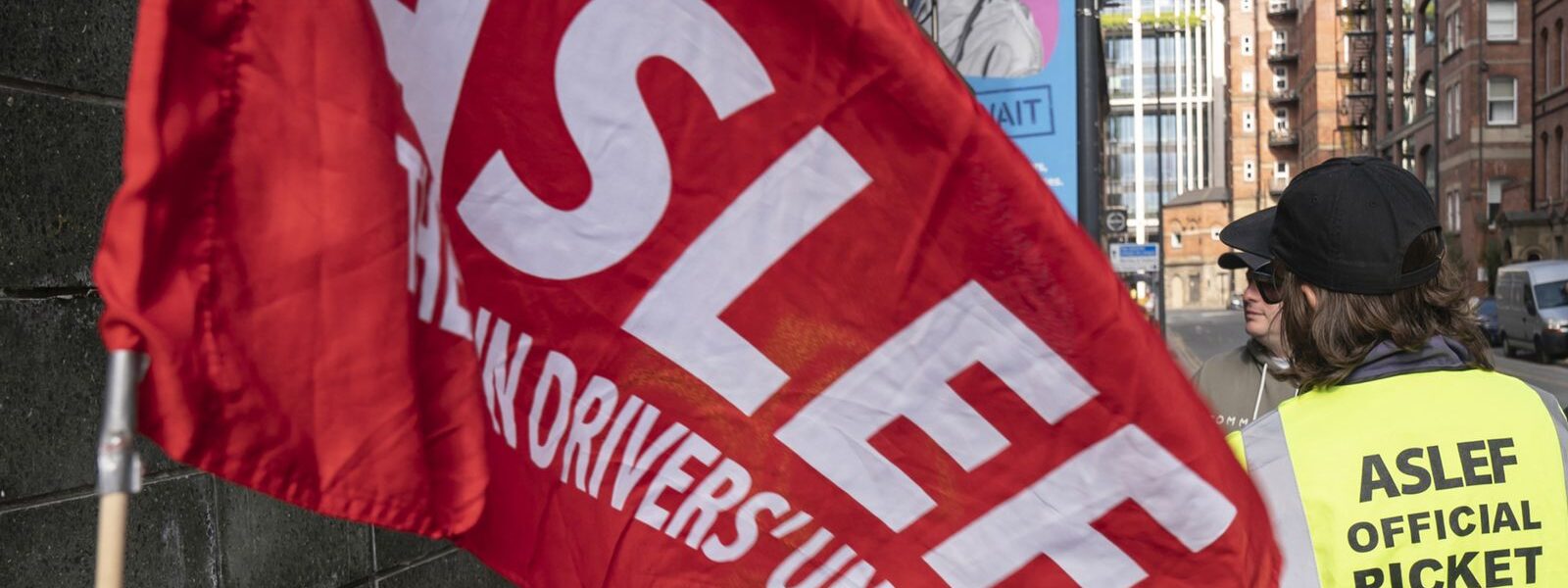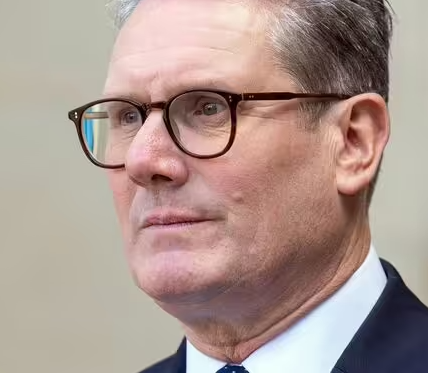ASLEF said its members voted by 96% in favour of a deal the union said was worth 15% over three years.

Pic: PA
Train drivers have voted overwhelmingly to accept a multi-year pay deal, ending a two-year dispute at 16 rail companies.
Members of the train drivers’ union ASLEF voted by 96% in favour of the pay rise – which is worth 15% over three years.
The offer was made by the new Labour government within weeks of the party winning the general election.
It ends what ASLEF called the longest train drivers’ strike in recent history, during which staff took 18 days of industrial action.
Mick Whelan, ASLEF’s general secretary, said: “It is with great pleasure that we can announce the end of the longest train drivers’ strike in history.
“The strength and resilience and determination shown by train drivers to protect their hard-won and paid-for terms and conditions against the political piracy of an inept and destructive Tory government has prevailed.”
ASLEF had accused the previous Conservative government of “sitting on its hands” and refusing to negotiate, prolonging the length of the strikes.
During the dispute 13,000 drivers staged 18 days of walkouts as well as refusing to work non-contractual overtime at 16 companies operating across the country, causing mass disruption to passenger services.
Mr Whelan said it was “not a fight we sought or wanted”, but after five years without a pay rise and “working for private companies who declared millions of pounds in profits and dividends to shareholders”, drivers needed a “dent in the cost of living”.
He thanked the new transport secretary Louise Haigh for “entering the room” and finding an “equitable way forward”, saying that now trains will run in the interest of the passenger and taxpayer.
‘Half a decade without a pay increase’
He also hit out at people “conflating” the recent bout of public sector pay rises with Labour’s decision to cut the winter fuel allowance for pensioners, saying they should “be ashamed”.
The government has used a £22bn “blackhole” in the nation’s finances to defend taking away the benefit from millions of elderly people – raising questions as to how it can afford pay settlements for unions.
After taking office, Labour also offered junior doctors a pay rise worth an extra 22.3% over two years
Ms Haigh acknowledged the economy’s shortcomings as she defended the offer to train drivers, saying the cost of not settling “would significantly outstrip the cost of this below-inflation deal”.
She said the deal ends “two years of chaos on our railways under the Conservatives” and will ensure a more reliable service by preventing further strikes and paving the way for modernisation reforms.
She added: “We won’t make the same mistake as the Conservatives, who deliberately prolonged disputes resulting in the longest strike in the history of the railways – costing our economy and the taxpayer more than £1bn.”
ASLEF said the no strings offer is for 5% for 2022 to 2023; 4.75% for 2023 to 2024; and 4.5% for 2024 to 2025.
The union said that when compounded, the offer works out at 15% and is backdated and pensionable and includes drivers who retired or left the industry during the dispute.


